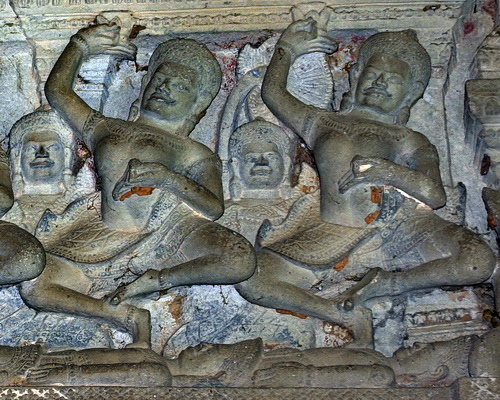
Tantric Yogini Offers Clues to Khmer Mystery
An ancient Khmer image of a Tantric yogini –beautiful, wildly fierce sacred women– is a clue to Tantric rituals in Cambodian and Thailand.
Devata.org offers important book news and book reviews relating to Southeast Asian and South Asian culture, Our focus topics include the Khmer Empire and culture, Thai culture, Cambodian dance, French colonial literature, Cambodian and Thai folktales, the role of women in ancient and modern societies, Khmer and Indian temples featuring goddesses, apsaras and devata, heritage preservation.

An ancient Khmer image of a Tantric yogini –beautiful, wildly fierce sacred women– is a clue to Tantric rituals in Cambodian and Thailand.
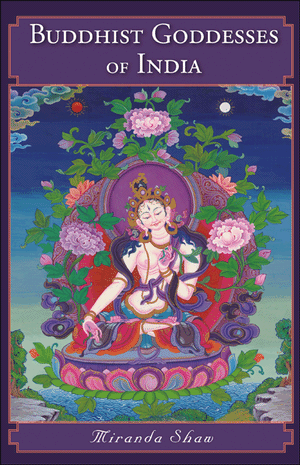
Miranda Shaw devoted more than a decade of research to creating this epic work, greatly expanding on concepts she introduced in Passionate Enlightenment. Buddhist Goddesses of India by Miranda Shaw book review
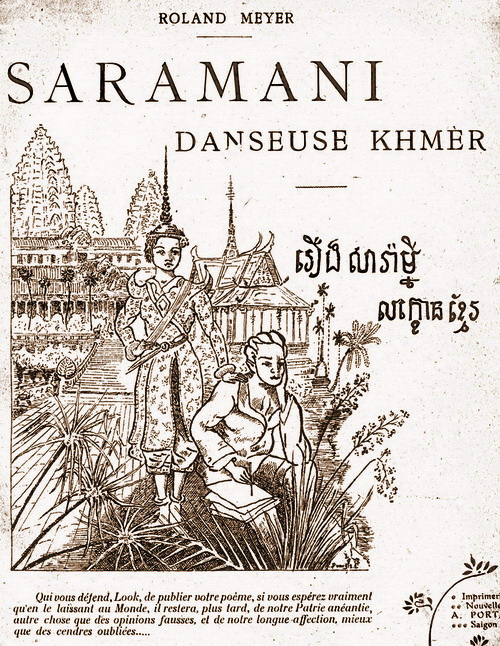
Roland Meyer arrived in French Indochina in 1907 to write his historical epic, Saramani Khmer Dancer, about a Cambodian romance.
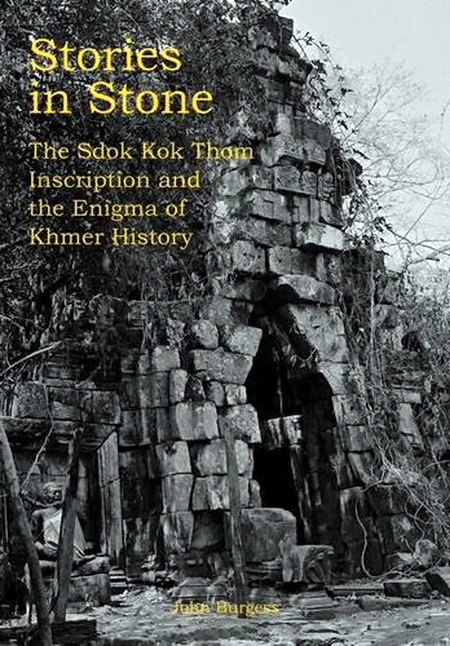
Author John Burgess unveils ancient Khmer mysteries about a remote Hindu temple on the Thai-Cambodian border, in “Stories in Stone”.
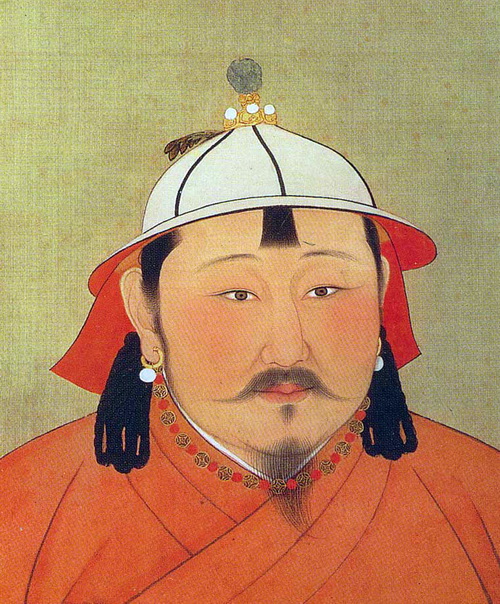
Book review of Chinese traveler Zhou Daguan’s critical 13th century account of the ancient Khmer capital of Angkor: “A Record of Cambodia.”
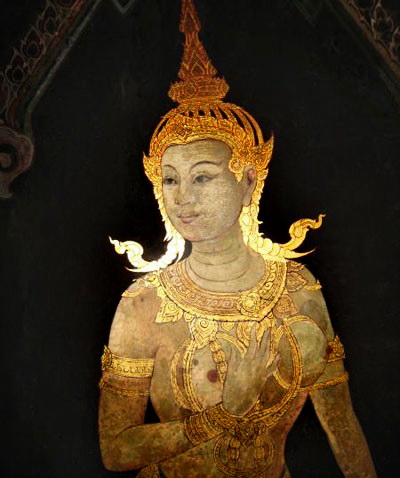
Submissive? Beautiful? Cunning? Strong? Shy? Bold? Yes, and more! Author Sara Veal reveals the mystique of Asian women.In literary fiction.
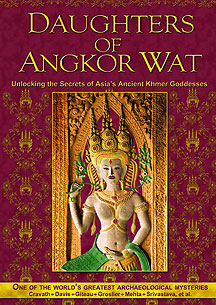
Daughters of Angkor Wat examines the mystery of why 1800 detailed portraits of ancient Khmer women appear in the Hindu temple Angkor Wat.
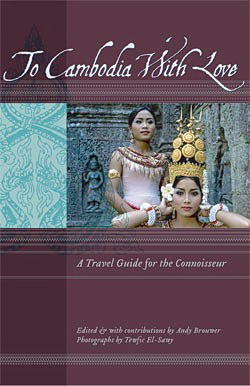
“To Cambodia With Love-A Travel Guide for the Connoisseur” features Cambodia tips and insights from savvy expatriates, seasoned travelers and inspired locals.
A wartime twist of fate made Paul Cravath one of the only Westerners in history to gain full access to the formerly sequestered troupe of the Royal Cambodian Ballet.
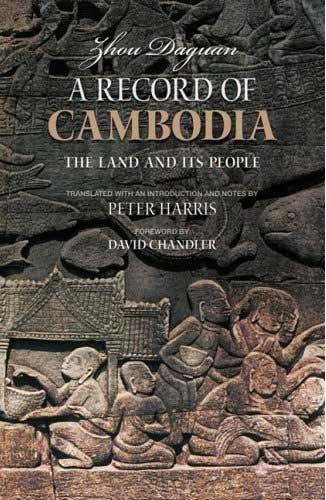
Historian Milton Osborne’s book review of “Record of Cambodia,” the most important text on ancient Angkor by 13th c. Chinese traveler Zhou Daguan. Translated by Peter Harris.